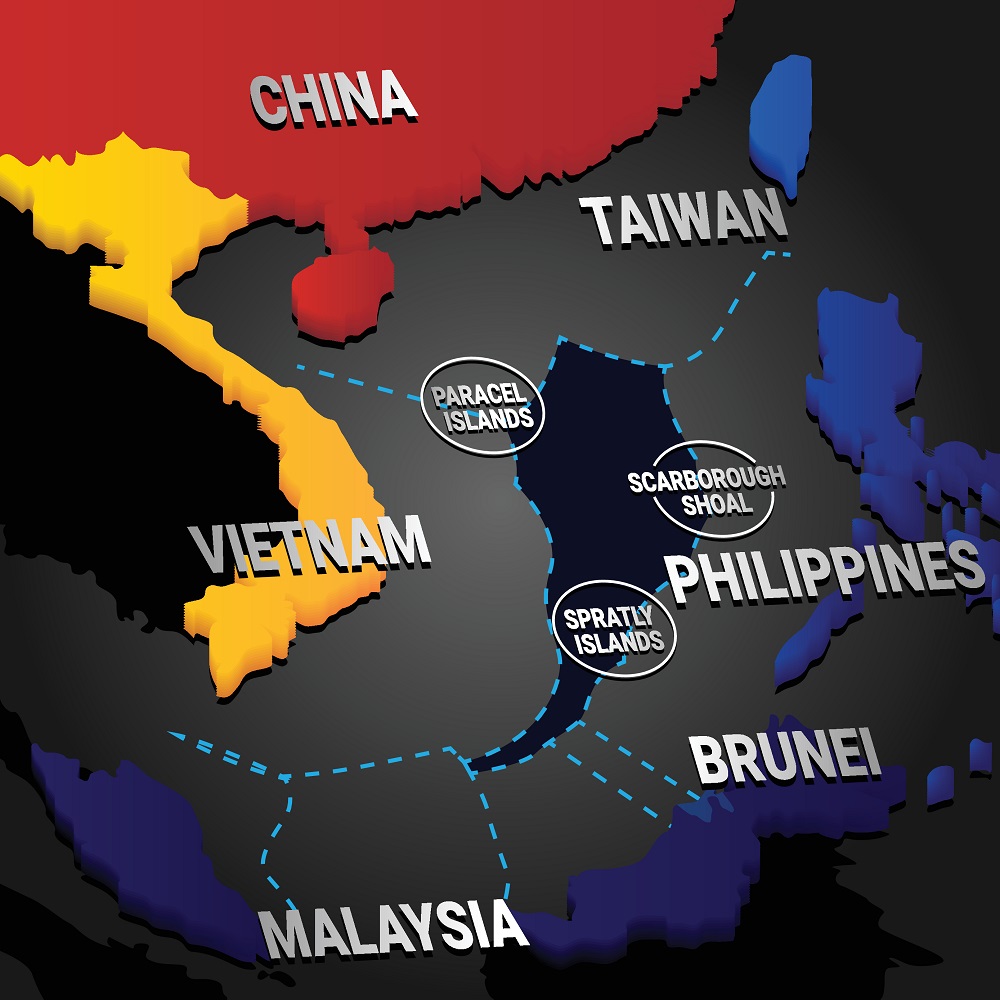
The World Awaits Change
by Andrei Kortunov
Leer en español In Deutsch lesen Gap اقرأ بالعربية Lire en français Читать на русском “Changes! We’re waiting for changes!” proclaimed Viktor Tsoi nearly 40 years ago, at the dawn of the Soviet perestroika. If one were to summarize the multitude of diverse and contradictory events, trends, and sentiments of the past year in a single phrase, it would be that the modern world is eagerly awaiting change. Much like the former USSR in the 1980s, few today can clearly define what these changes should entail or what their ultimate outcome will be. Yet, the idea of maintaining the status quo has evidently found little favor with the public over the past year. This impatient anticipation of change was reflected, for instance, in the outcomes of numerous elections held over the past 12 months across the globe. In total, more than 1.6 billion people went to the polls, and in most cases, supporters of the status quo lost ground. In the United States, the Democrats suffered a resounding defeat to the Republicans, while in the United Kingdom, the Conservatives were decisively beaten by the Labour Party. In France, Emmanuel Macron's once-dominant ruling party found itself squeezed between right-wing and left-wing opposition, plunging the Fifth Republic into a deep political crisis. The seemingly stable foundations of political centrism were shaken in Germany, South Korea, and Japan. Even the party of the highly popular Indian Prime Minister Narendra Modi failed to retain its parliamentary majority after the elections, and in South Africa, the African National Congress led by Cyril Ramaphosa also lost its majority. Pessimists might argue that abandoning the status quo in itself solves no problems, and the much-anticipated changes, as the final years of the Soviet Union demonstrated, do not necessarily lead to positive outcomes. Replacing cautious technocrats with reckless populists often backfires, affecting those most critical of the entrenched status quo. Optimists, on the other hand, would counter that the rusted structures of state machinery everywhere are in desperate need of radical modernization. They would add that the costs inevitably associated with maintaining the existing state of affairs at all costs far outweigh any risks tied to attempts to change it. The international events of the past year are also open to various interpretations. Pessimists would undoubtedly point out that none of the major armed conflicts carried over from 2023 were resolved in 2024. On the contrary, many of them showed clear tendencies toward escalation. For instance, in late summer, Ukraine launched an incursion into the Kursk region of Russia, and in mid-November, the U.S. authorized Kyiv to use long-range ATACMS missiles against targets deep within Russian territory. Meanwhile, the military operation launched by Israel in Gaza in the fall of 2023 gradually expanded to the West Bank, then to southern Lebanon, and by the end of 2024, to parts of Syrian territory adjacent to the Golan Heights. From the optimists' perspective, however, the past year demonstrated that the disintegration of the old international system has its limits. A direct military confrontation between Russia and NATO did not occur, nor did a large-scale regional war break out in the Middle East, the Taiwan Strait, or the Korean Peninsula. The economic results of 2024 are equally ambiguous. On one hand, the global economy remained heavily influenced by geopolitics throughout the year. The process of “technological decoupling” between the U.S. and China continued, and unilateral sanctions firmly established themselves as a key instrument of Western foreign policy. On the other hand, the world managed to avoid a deep economic recession despite the numerous trade and investment restrictions. Global economic growth for the year is expected to reach around 3%, which is quite respectable for such turbulent times, especially considering that the long-term effects of the COVID-19 pandemic have not yet been fully overcome. In 2024, the average annual global temperature exceeded pre-industrial levels by more than 1,5 °C for the first time, crossing another critical “red line”. However, the UN Climate Change Conference (COP29) held in November in Baku fell short of many expectations. At the same time, China reached its peak carbon emissions by the end of the year, achieving this milestone a full five years ahead of previously announced plans. In the past year, the UN Security Council managed to adopt only 12 resolutions, mostly of a humanitarian nature, clearly reflecting the declining effectiveness of this global governance body. For comparison, in 2000, the Security Council approved 29 resolutions, including key decisions on conflict resolution in the Balkans and Africa. At the same time, 2024 saw continued efforts to explore new formats for multilateral cooperation, including mechanisms within the BRICS group, which held its 16th summit in Kazan for the first time in its newly expanded composition. With enough imagination, one can easily find evidence in the past 12 months to confirm any omen or superstition traditionally associated with leap years. However, all these signs and superstitions predicting upheavals and catastrophes—while aligning with the pessimistic conclusions about the year now ending—do not apply to the year ahead. Human nature, after all, tends to lean more towards optimism than pessimism; if it were the other way around, we would still be living in caves. As they bid farewell to a difficult and challenging year, people around the world continue to hope for better times. And the mere act of hoping for the best is already significant in itself. As Johann Wolfgang von Goethe aptly remarked, “Our wishes are forebodings of our capabilities, harbingers of what we are destined to achieve”. Originally published in Izvestia.









